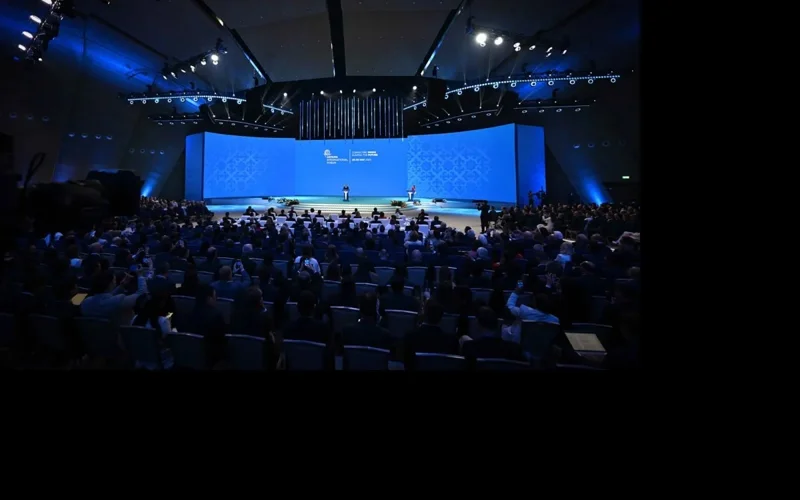Global influence reimagined – experts on the next decade
At the panel session “The Next Decade of Power: Redefining Global Influence” at the Astana International Forum, participants discussed how the structure of global influence is expected to change over the next ten years, Kazinform News Agency correspondent reports.

Middle powers must take the initiative
Christoph Heusgen, German diplomat and Chair of the Munich Security Conference (2022–2025), began with a sobering diagnosis: populism and nationalism are undermining the international order.
“We have the impression of the rule of law, but it’s basically the rule of the jungle or the rule of the strongest, and this is the trend. I believe we can turn this around,” noted Heusgen.
Heusgen emphasized Kazakhstan’s role as an active participant in global initiatives - from promoting international humanitarian law to engaging in the WTO’s multilateral arbitration mechanism. He pointed out that today it is precisely such states that are capable of defending and strengthening the foundations of a “rules-based order,” especially as major powers withdraw from leadership.
The end of hierarchies
David Chikvaidze, Vice-President of the Swiss Forum for International Affairs (FSPI) and Associate Fellow at the Geneva Centre for Security Policy (GCSP), offered a more philosophical and critical perspective on the current transformation.
He noted that this is not merely a political cycle change, but a true “change of eras,” comparable to the shift to oil at the beginning of the 20th century. Today, artificial intelligence is a game changer.
Chikvaidze questioned the relevance of the old global hierarchy, where countries oriented themselves around one of the “poles of power.” Many states now are “flying blind,” as the old anchors, geopolitical, ideological, or institutional, have either disappeared or become outdated. He observed that the universal multilateral approach is being replaced by small group multilateralism, like-minded groups, making the system less stable.
Logistics, climate, and resources as the new geopolitics
Peter Frankopan, Professor of Global History at Worcester College, University of Oxford, drew attention to the most grounded, and therefore often overlooked, aspects of global influence: resources, infrastructure, and climate resilience. According to him, the future will depend less on political declarations and more on who can secure access to water, energy, and materials.
“I think, when we talk about political models and middle powers, we tend to focus on great leaders, and history is certainly more interesting that way. But it’s always about logistics. It’s about food and water, it’s about sustainability, about choosing the right locations for your cities, and about building structures that enable long-term success,” explained Frankopan.
He noted that Central Asia faces serious challenges: climate warming there is occurring faster than anywhere else except the Arctic. Frankopan emphasized the need for international cooperation in managing water resources, redistributing energy, and combating pollution.
“Kazakhstan, unlike many Western countries, has long-term strategies: ‘Kazakhstan-2030’ and ‘Kazakhstan-2050.’ It doesn’t mean that the answers are going to be right, but they seem to be the right kinds of questions.”
He also reminded that new technologies, including AI, can sharply increase energy consumption, which is why infrastructure renewal is not just a political issue but a vital necessity.
Earlier, Kazinform News Agency reported that President Gordana Siljanovska-Davkova of North Macedonia called for greater female participation in international politics.
